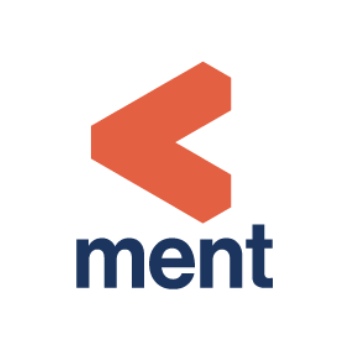MENT

Erasmus+
2024-1-IT01-KA210-VET-000248591
09/2024 - 08/2025
60.000,00 €
Italy, Greece
Visit the Project's Website
Follow the project on Social Media
MENT
MENT aims to drive innovation in vocational education and training by promoting the use of Reverse Mentoring within the craftsmanship sector. This approach is designed to enhance digital skills, encourage intergenerational learning, and introduce new methods for resource and business management. Reverse mentoring involves younger or less experienced individuals guiding their older or more seasoned counterparts, especially in areas like technology, digital skills, and modern workplace trends. This approach not only supports growth and digital readiness but also builds resilience and competitiveness in the job market, ultimately improving employability and strengthening the workforce.
Objectives of the project
The objectives of the project are the following:
Empower employees in craft enterprises through reverse mentoring. The objective is to upskill the entire workforce, helping businesses adapt to modern industry needs, especially in terms of digital transformation, and remain competitive in an ever-changing business environment.
Promote a culture of lifelong learning. This project seeks to cultivate a mindset of continuous learning within craft enterprises, fostering an atmosphere where employees are encouraged to continuously develop new skills and knowledge throughout their careers, supporting the long-term growth and sustainability of craft businesses.
Expected Main Results
- Innovation and digital transformation are promoted within craft enterprises by supporting digital readiness. This is achieved through intergenerational knowledge exchange, where skills and technological expertise are shared, facilitated by innovative practices like Reverse Mentoring.
- Best practices and cutting-edge business management tools in the vocational education and training (VET) field, including Reverse Mentoring and innovative business models, are collected and shared internationally.
Main Activities:
Α1. Project Management & Dissemination:
Project management (PM) and dissemination efforts will involve a variety of key tasks crucial for the successful organization and execution of the project. These tasks include partner meetings, creating a communication plan, conducting risk assessments, planning activities, monitoring and controlling project tasks, and reporting. Additionally, the planning and coordination of dissemination activities will also be a central part of the process.
A2: Desk research on reverse mentoring practices:
This activity involves conducting desk research across the EU and partner countries to identify best practices in reverse mentoring within the workplace. Research teams will collect data from various sources, such as government reports, universities, and industry associations. The findings will be analyzed to highlight successful reverse mentoring examples, particularly in craft enterprises, with a focus on skills development, intergenerational collaboration, and digital innovation.
The results will be shared through two outputs: a Best Practices Report and a MENT Toolkit, which will offer practical guidance for innovative HR management. The research will use inclusive, bias-free language and consider diverse cultural perspectives.
A3: Workshop on Reverse Mentoring and Project Work:
The activity will be carried out in two phases:
RM Workshop (23 participants): This workshop, aimed at craft enterprise owners, employees (ages 35-60), and youth interested in the sector, will provide training on reverse mentoring (RM) using insights from the Best Practices report and the MENT Toolkit. Expert facilitators will guide participants through RM concepts, including the roles of mentors and mentees, digital skills, and managing generational and cultural differences. Participants will engage in case studies and hands-on exercises, and develop individual action plans for applying reverse mentoring in their workplaces. The workshop will take place in Italy (15 participants) and Greece (8 participants).
Project Work (PW): After the workshop, participants will apply reverse mentoring in their own craft enterprises. They will identify an innovation area (focused on digital tools and business management) and create an RM plan for their business. Facilitators will provide support throughout. The project includes three 3-hour focus group sessions at the start, two months in, and four months later to monitor progress and the development of the RM plans.
A4: International Dissemination Events:
This activity involves an international event held simultaneously in partner countries to share insights from the desk research (A2) and reverse mentoring workshop (A3). The event will feature presentations on best practices in reverse mentoring for craft enterprises, followed by expert talks and the introduction of a research-based toolkit. A roundtable will discuss reverse mentoring and innovative business models, with key stakeholders such as VET providers, craft enterprises, and policymakers. Participants will also share their experiences from the workshop, and the event will conclude with a panel discussion on the benefits of reverse mentoring and fostering innovation in craft businesses. The event will take place in Italy and Greece.


